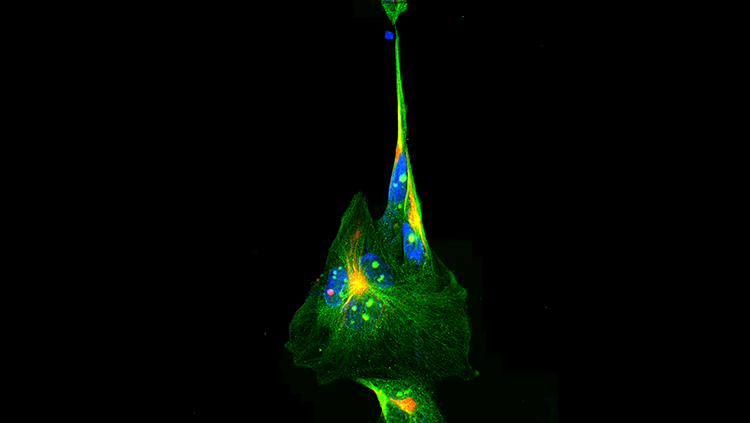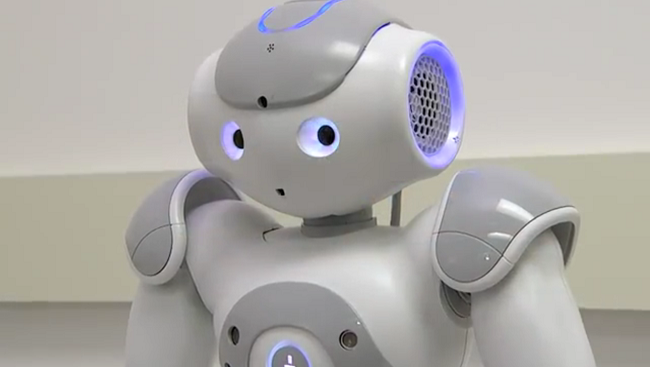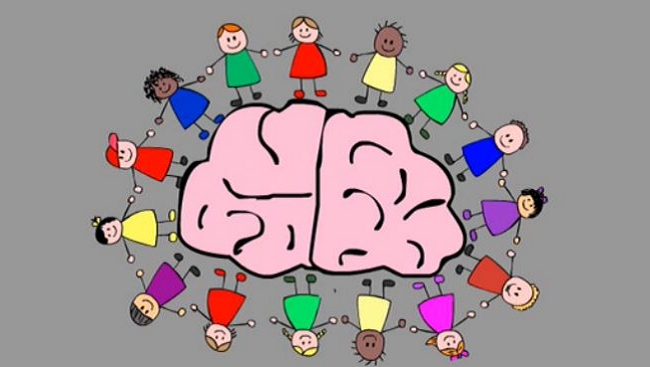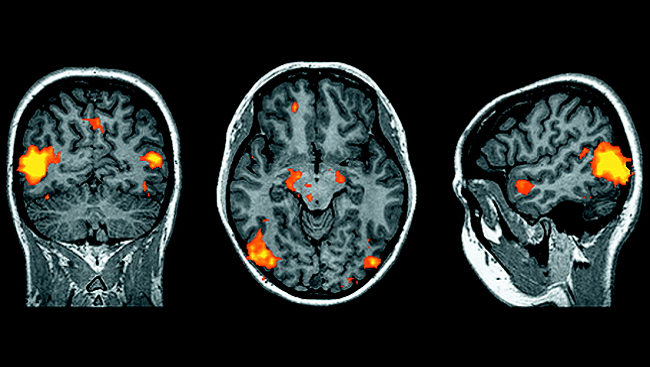Jian Li: Making Big and Small Decisions
- Published18 Jun 2012
- Reviewed21 Jun 2012
- Author Michael W. Richardson
- Source BrainFacts/SfN
Jian Li, PhD, is a post-doctoral fellow at New York University and will move to China to start a staff position at Peking University this summer. His work examines how the brain systems of decision-making can be altered by additional information such as social factors, previous choices, and knowledge. In 2011 he was awarded the prestigious Gruber International Research Award in Neuroscience by the Society for Neuroscience.
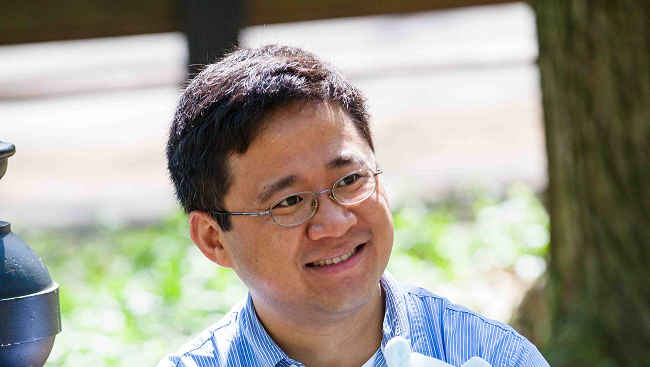
Jian Li is a post-doctoral fellow at New York University.
What first interested you in neuroscience?
In college, I wondered whether robots could have human behaviors and emotions, and whether they could be as rational as human beings. Back then, experts in computer science and artificial intelligence were interested in building robots, but nobody was really asking the question: Maybe they can function like human beings, but could they reason? Can they have human emotions? And if they can, how do we make that robot? That’s the first time I thought about how human brains work and how we can replicate that.
What is your research focus?
My research mainly focuses on how we make decisions as human beings. By decisions, I mean voluntary and conscious decisions, not reflexes. We always talk about comparing between apples and oranges. One of the ways to make those choices is to assign value to those items in that moment. I happen to like apples more, so I assign a higher value to apples and am more likely to pick apples.
I’m interested in how humans make choices like this by assigning preferences. How does that process happen in the brain? What brain circuits are involved in encoding value, comparing values, and, finally, generating a coherent preference between options?
What do you find fascinating about the decision-making process?
The development of fMRI has shown a specific part of the brain called the ventromedial prefrontal cortex is heavily involved in this kind of decision-making process. When you look at brain lesion patients who have a deficit in this specific area, they may look normal and function normally. If you ask them IQ questions, they tend to be normal. But if you dig a little deeper, you realize their financial records are terrible, because they don’t have the ability to manage their personal finances. In a sense, they have a deficit in the decision-making processes. They have intact memories. They have perfect IQs. They can drive a car. In terms of managing their personal lives, they are really bad.
I like that most people can relate this research to their daily experiences. We’ve all had the experience of walking into a restaurant and ordering dishes. One way to order is if you’ve already had a previous experience with a certain type of dish you’ve ordered, it’s easy. You just repeat whatever you did before, and your expectation is this time it should be more or less the same as before.
Another way is to get information from Yelp, or friends, or other resources that say this type of food is good or not so good. That can help you make decisions. Humans make decisions based on streams of information, either your own experiences or others’ information.
In terms of how to combine that information and come to a decision, we all experience it — not only every day, but almost every second. We walk out of a building and decide what food we want for lunch, or what movie to watch tonight. Because of the development of non-invasive techniques, we finally have the chance to study the human brain and how its activity manages these behaviors.
This summer you’re leaving New York University to take a faculty position at Peking University in China. Is there anything particularly attractive about the state of research in China that convinced you to move back there?
In terms of human neuroscience and psychological research, China is still in the infant phase right now. There are not many psychology departments in universities there. But one thing for sure is the field is booming, just like any other field in China. My estimation is that in the next 5-10 years, we’ll see a dramatic increase in the quality of publications and research in China. And I think there is opportunity for me to catch that wave to establish myself early in this field.
CONTENT PROVIDED BY
BrainFacts/SfN



